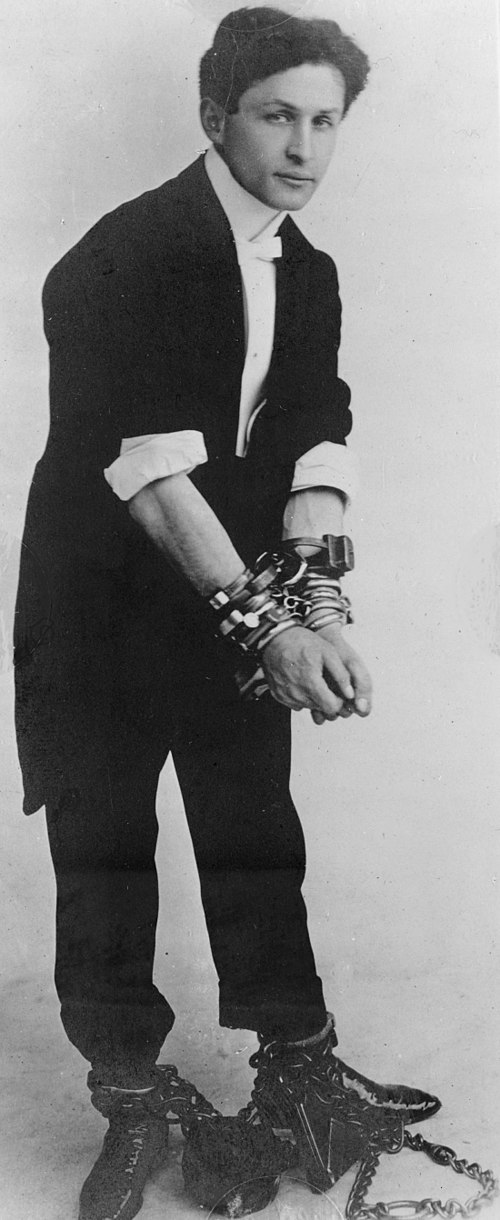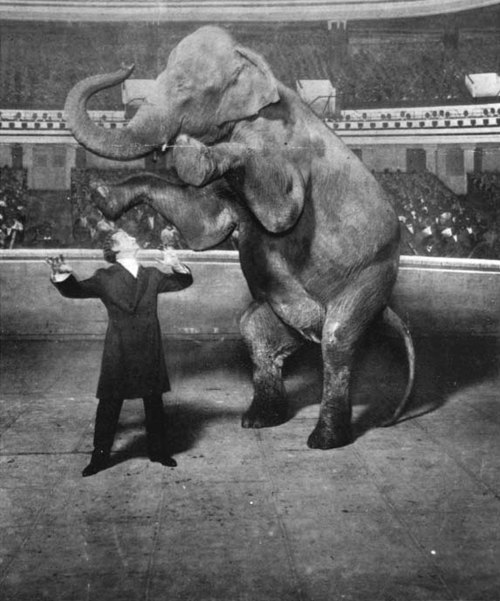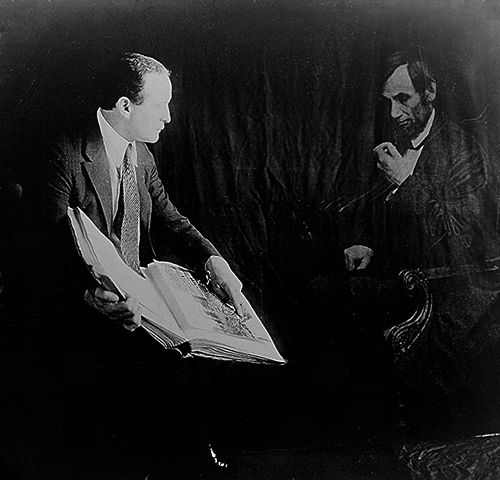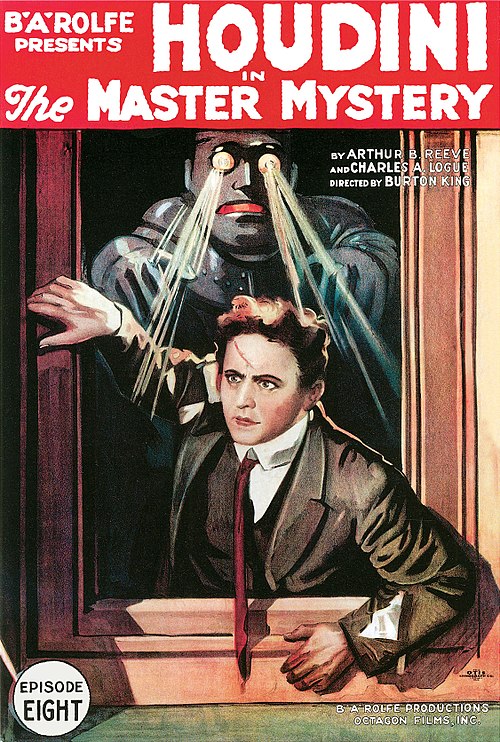Mayanoun
Magic; supernatural power as held by the gods.
Mayanoun
The power by which the universe is made to appear; the illusion of the phenomenal world, as opposed to its true or spiritual reality.
Mayanoun
The name (in Vedantic philosphy) for the doctrine of the unreality of matter, called, in English, idealism; hence, nothingness; vanity; illusion.
Mayanoun
the Hindu goddess personifying the power that creates phenomena.
Mayanoun
the power to produce illusions.
Maya
the Indian people occupying the area of Veracruz, Chiapas, Tabasco, Campeche, and Yucatan, together with a part of Guatemala and a part of Salvador. The Maya peoples are dark, short, and brachycephalic, and at the time of the discovery had attained a higher grade of culture than any other American people. They cultivated a variety of crops, were expert in the manufacture and dyeing of cotton fabrics, used cacao as a medium of exchange, and were workers of gold, silver, and copper. Their architecture comprised elaborately carved temples and palaces, and they possessed a superior calendar, and a developed system of hieroglyphic writing, with records said to go back to about 700 a. d.
Maya
the language of the Mayas.
Mayanoun
a member of an American Indian people of Yucatan and Belize and Guatemala who had a culture (which reached its peak between AD 300 and 900) characterized by outstanding architecture and pottery and astronomy;
Mayanoun
an ethnic minority speaking Mayan languages and living in Yucatan and adjacent areas
Mayanoun
a family of American Indian languages spoken by Mayan peoples
Houdininoun
United States magician (born in Hungary) famous for his ability to escape from chains or handcuffs or straitjackets of padlocked containers (1874-1926)


















